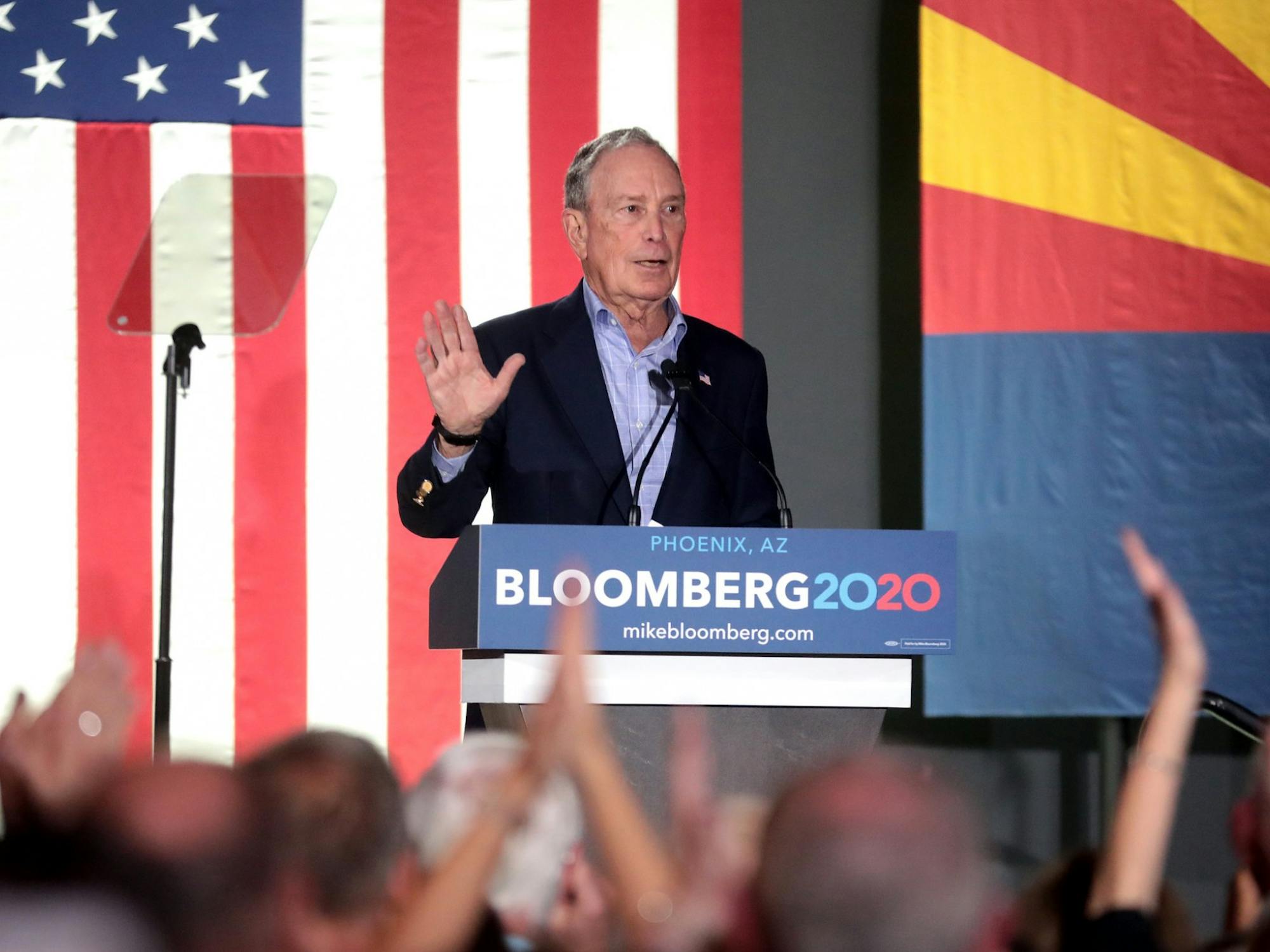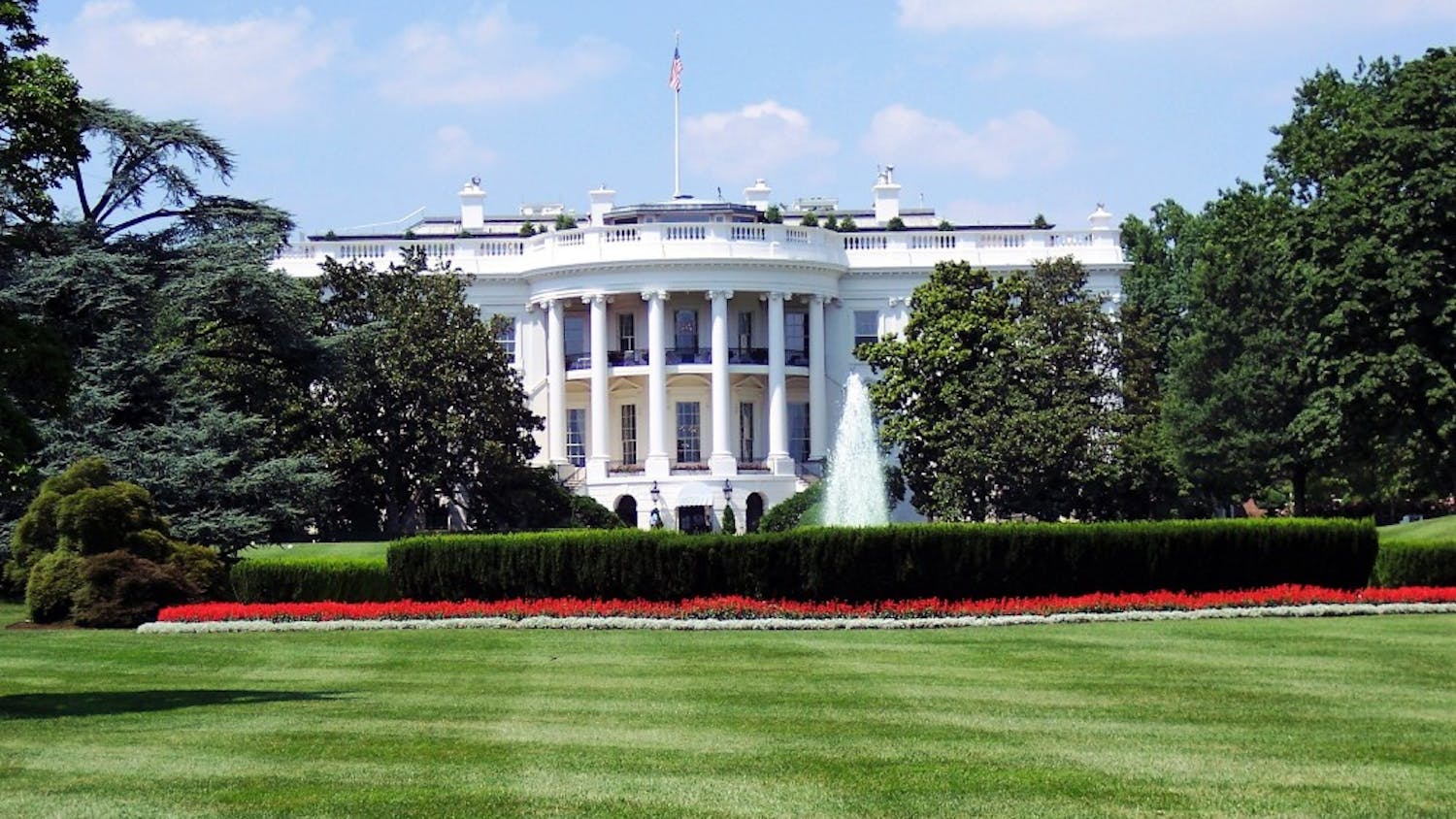After the snafu in Iowa, Democrats warily turned to New Hampshire for the debate and upcoming primary. Candidates on the debate stage articulated their case for being the best nominee the Dems would have to offer.
Typically, by this point in a primary, pollsters and pundits would have a better idea of who really carries the broadest support among voters and political elites. This is not the case in this nomination contest.
After 2016, public officials are more wary of expressing early support via endorsement so as to avoid the perception that they are “tipping the scales” for any certain candidate. If you follow the “Endorsement Primary,” you’ll notice that it’s relatively sparse; the biggest thing that stands out is really the lack of endorsements.
Although I expect that to change rather soon as the primary winds on and as candidates receive more votes in more diverse states (Iowa and New Hampshire are very white), it stays true in the aftermath of the Iowa chaos, where the almost statistical tie by Mayor Pete Buttigieg and Sen. Bernie Sanders has been largely overshadowed by the chaos of vote counting and the incompetence of the state party. Both claim victory by different metrics, and those who did poorly aren’t feeling the brunt of their disappointing performance.
The chaos in Iowa and the lack of endorsements really highlight that no one is a truly solid frontrunner; the “narrative-setting” First-in-the-Nation primary is more a narrative of incompetence and, for some, conspiracy than victory.
However, Joe Biden may have lost his status as a front-runner and must hold onto some fleeting momentum to carry him through more diverse states, where he has been shown to have support among black voters. Mayor Pete will have to show that he’s a competitor not only in Iowa, but in more diverse parts of the nation.

Joe Biden speaks at the 2020 Iowa State Education Association (ISEA) Legislative Conference in West Des Moines, Iowa.
Photo by Gage Skidmore on flickr.
Bernie Sanders, with his support among young voters, will probably continue performing similarly, but must build greater coalitions if he wants to be the true frontrunner. Elizabeth Warren must show that her progressive messaging which makes her a darling for the “liberal elite” will translate to working-class votes.
Basically, if anyone wants to truly surge into frontrunner status, they each have things they need to do. Sanders made a case for how he will push for unity, thereby broadening his support, through his agenda for “Working People, Not Billionaires.”
Warren has picked up endorsements from several Michigan lawmakers and activists. She and Michael Bloomberg, who was recently endorsed by Michigan Representative Haley Stevens (D), have focused much more attention on Michigan than the other candidates, most likely leaning into its battleground status in the general election. This may be a working strategy, as Bloomberg and Warren are both performing well enough to stay in the race (Bloomberg didn’t focus on Iowa and Warren finished in a pretty solid third place).
Meanwhile, Sanders has a couple high-profile endorsements; his endorsement by “Squad” member Rashida Tlaib after his heart-attack in early October 2019, along with the endorsements by other members of the high-profile group of freshman U.S. representatives, may have played a sizable role in revamping his campaign. He also has an endorsement by Michelle Deatrick, a member of the DNC with a distinct presence in Washtenaw County and Southeast Michigan.
Biden has endorsements in Michigan from Detroit Mayor Mike Duggan and DNC Member Barry Goodman, while Buttigieg has one high-profile Michigan endorsement in DNC Member Mark LaChey.
The biggest case one could make regarding any candidate on endorsements is probably Biden’s; he has the most geographic spread and the most reach into diverse states. However, as echoed previously, the lack of endorsements may be the bigger story as Democratic elites are wary of both Biden and Sanders as frontrunners. This is especially present in the New York Times’ unprecedented decision to endorse both Warren and Klobuchar and the major newspaper endorsements of both female senators in Iowa (Warren) and New Hampshire (Klobuchar).
If you are less of a party-decides person, this may be a good sign for you; the lack of high-profile endorsements is mostly leaving decisions to the voters, despite the narrative that the DNC meddled in Iowa.
As we go on in the primary, more members of Congress, activists and party members alike may start to endorse, especially as their states hold their primaries. Some may want to get on the good side of billionaires Tom Steyer and Michael Bloomberg, as they have shown clear interest in funding Democratic causes regardless of whether they clinch the nomination. Democratic elites may also may want to endorse candidates with a seemingly broader coalition, something the voters may decide in the coming months.
One thing is clear, and it’s that no candidates have a clear path to victory after Iowa and in reference to Congressional and party endorsements. It looks quite similar to the Republicans in the 2016 primary in that sense. If you would like to follow the Endorsement Primary more closely, I recommend FiveThirtyEight’s model.










